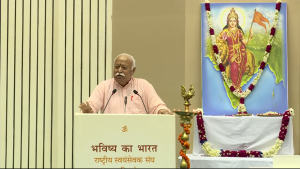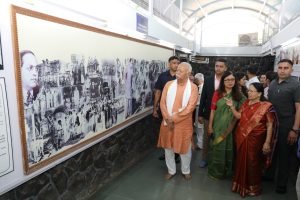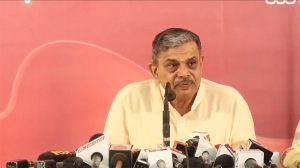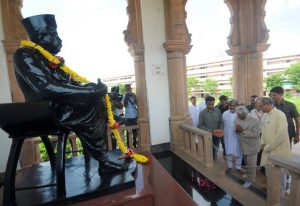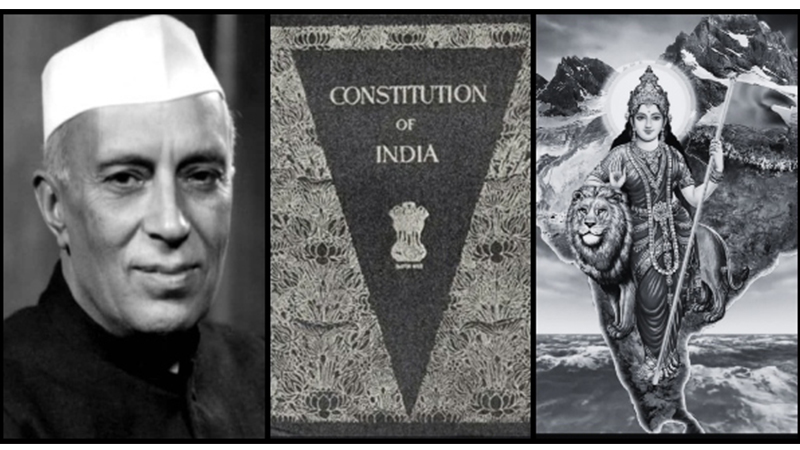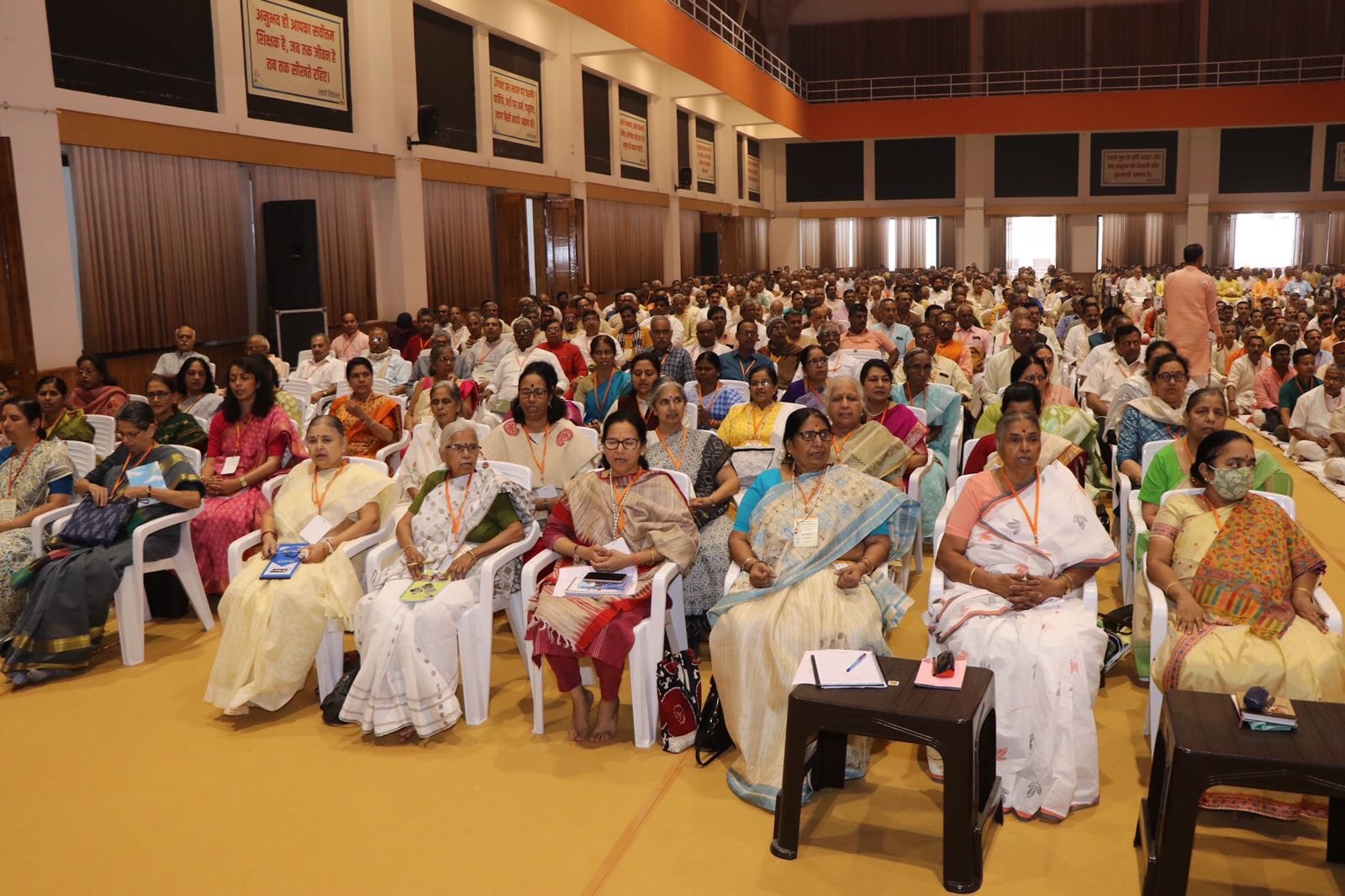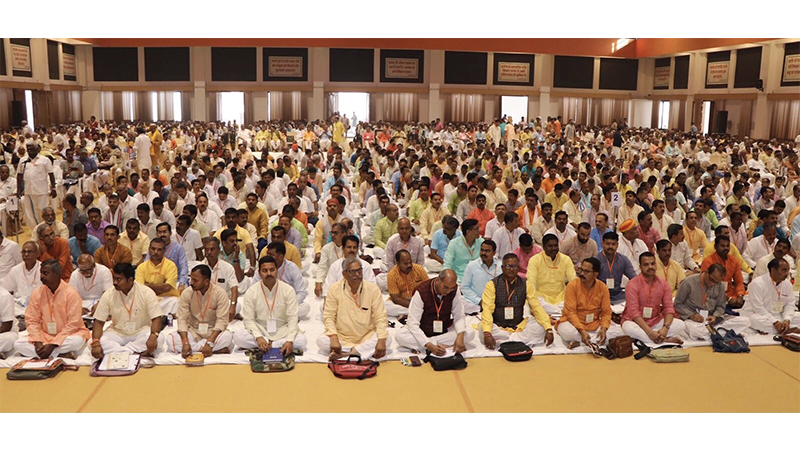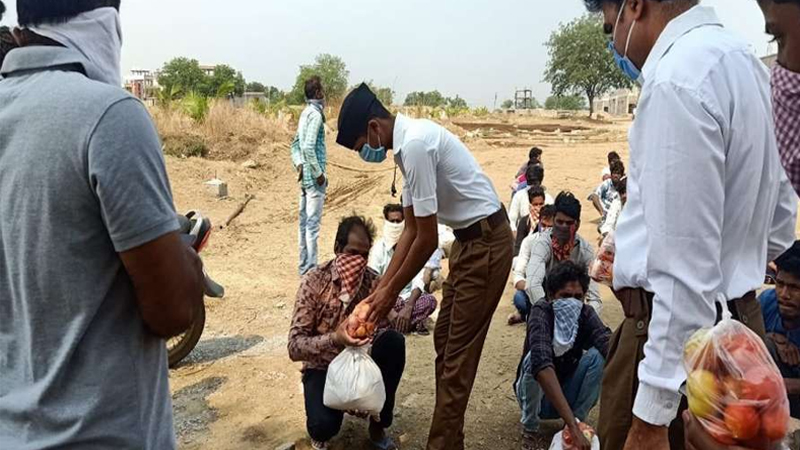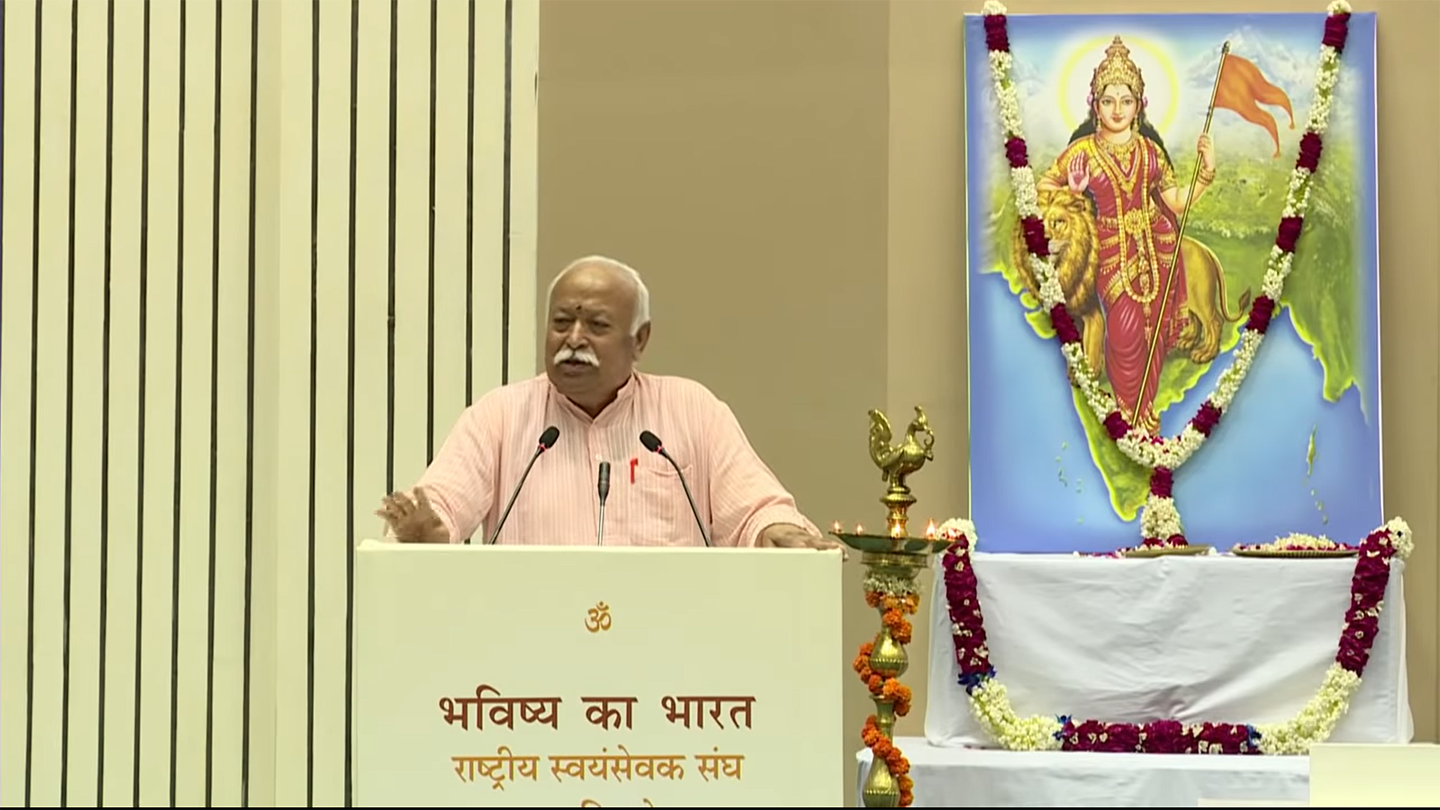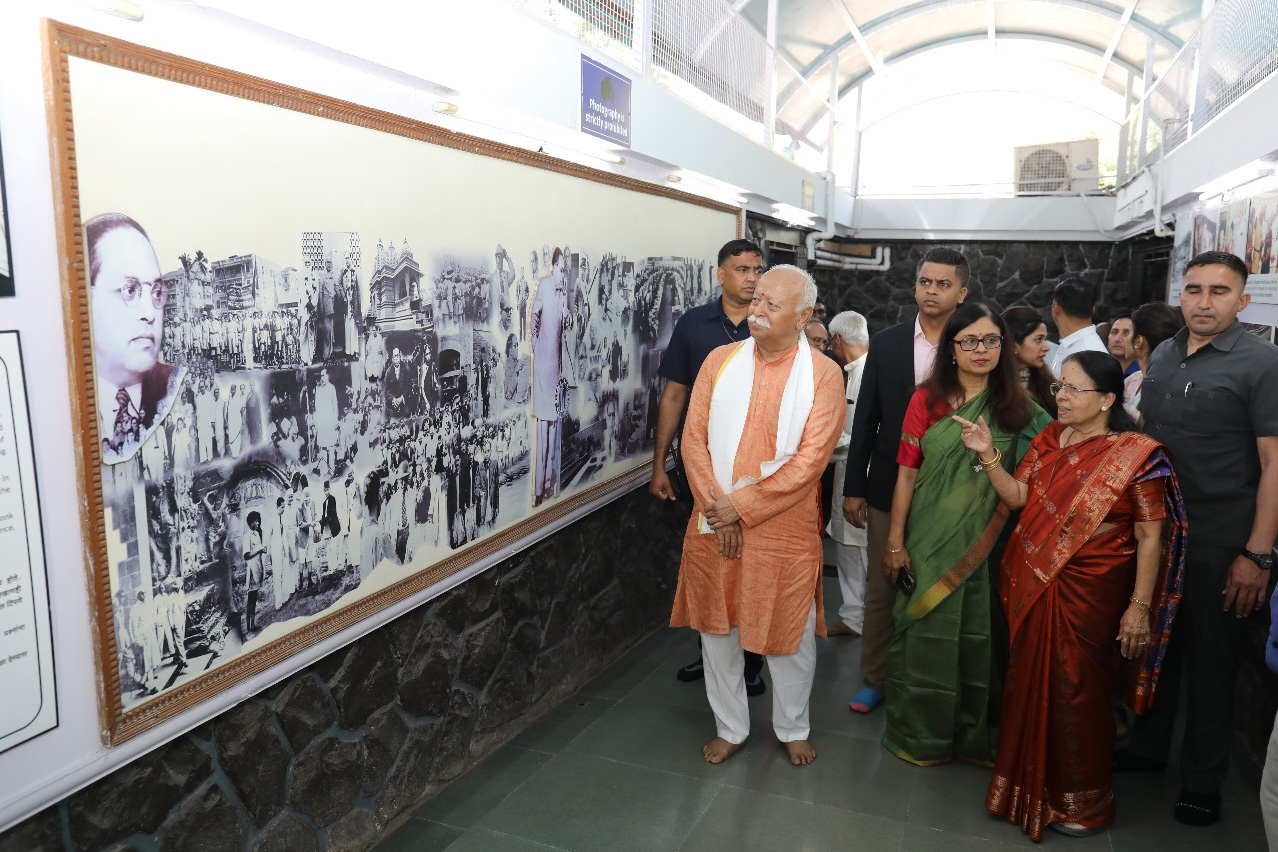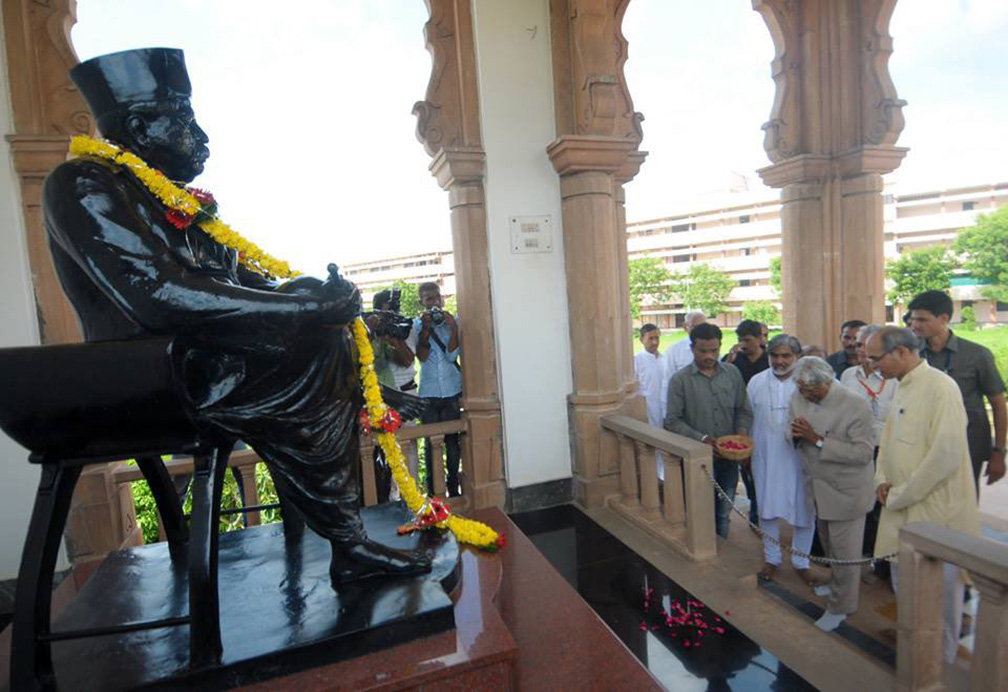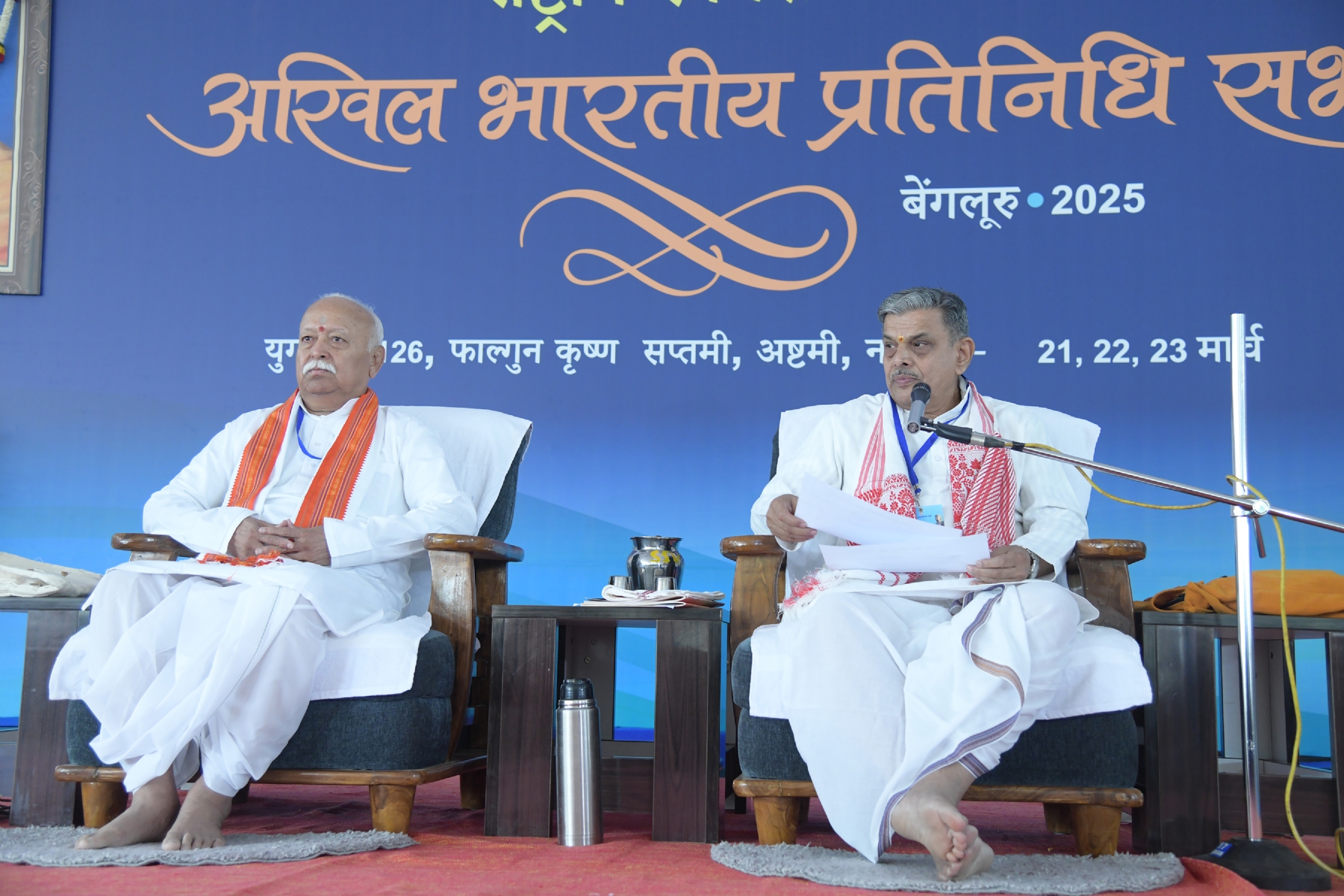Book Review: ‘Partition-Days The Fiery Saga of RSS’ by Vajpayee and Paradkar
Updated: February 5, 2025 13:52

In August 1947, as India gained independence from British rule, the subcontinent was divided into two nations—India and Pakistan. This division triggered one of the largest forced migrations in human history, displacing around 15 million people and causing communal violence that led to millions of deaths. Hindus and Sikhs in newly created Pakistan faced large-scale persecution. Though Indian political leaders had earlier assured that Partition would not happen, it became a grim reality within months.
‘Partition Days: The Fiery Saga of RSS’, written by Manik Chandra Vajpayee and Sridhar Paradkar, translated into English by Sudhakar Raje, and published by Suruchi Prakashan (First Edition, August 2002), highlights the role of the Rashtriya Swayamsevak Sangh (RSS) during the Partition of India. While much has been written about this historic event, the authors argue that the courageous efforts of RSS volunteers (Swayamsevaks) in protecting Hindu and Sikh refugees have been largely overlooked. This book aims to document their contributions and challenge narratives that misrepresent the RSS as a communal organization.
Covering events in Punjab, Sindh, Bengal, Delhi, Jammu & Kashmir, and the North-West Frontier Province (now Khyber Pakhtunkhwa, Pakistan), the book details how RSS volunteers initially stayed away from communal conflicts but later stepped in to protect vulnerable populations. With discipline and unwavering commitment, they played a crucial role in rescuing and sheltering those caught in the violence.
Sindh: A Case Study of Hindu Persecution
Sindh, now a province in Pakistan, was home to a rich Hindu cultural heritage. However, after Partition, its Hindu population faced widespread violence, forced conversions, and mass displacement. The book provides firsthand accounts of the destruction:
“In Karachi, almost all temples and gurudwaras were destroyed by jihadist mobs. People found inside were mercilessly killed… Guru Ramdas Darbar, Jagannath Mandir, Bhai Basaya Ram Mandir, and others were desecrated. The idols were smashed and thrown away. Hindus were forced to sell their property for paltry sums, and their cattle were seized with no intervention.”
Despite promises of protection, the newly formed Pakistani government failed to stop the violence. Laws like the Permit System of 1948 even prevented Hindus from fleeing to India, trapping them in an increasingly hostile environment.
RSS’ Role in Rescuing Persecuted Hindus and Sikhs
The RSS, despite being under scrutiny from the British administration and later the Indian government, emerged as a crucial force in protecting Hindu and Sikh communities. The book recounts multiple incidents where RSS volunteers took risks to ensure people’s safety.
One such case occurred in Nawabshah, a city in Sindh, where Sikhs were being persecuted:
“Laxman Chandumal Tahiliani, currently living in Mumbai, was a Pracharak (full-time RSS worker) in district Nawabshah. He recalled that in the village of Diparja, 20 km from Nawabshah, local Muslim mobs, encouraged by a fundamentalist government official, terrorized the Sikh residents. They threatened them with death unless they converted to Islam. Those who refused were killed. Others, who converted out of fear, were forced to eat beef, their hair and beards were cut, and they were made to recite the Kalma (Islamic declaration of faith). When RSS Swayamsevaks heard about this, they mobilized and rescued the Sikhs.”
RSS’ Role in Preventing Violence in Hyderabad, Sindh
Another crucial incident occurred in 1946, before Partition, when Pandit Jawaharlal Nehru, who later became India’s first Prime Minister, visited Hyderabad, Sindh. The book recounts:
“When Nehru visited Hyderabad, the local Congress leaders feared Muslim League violence and sought the help of the RSS. The Swayamsevaks took charge of security, ensuring the public meeting was held peacefully.”
This highlights how the RSS played a stabilizing role, even before the full-scale communal violence of Partition.
Larger Impact of RSS During Partition
Throughout the Partition crisis, RSS volunteers worked tirelessly to protect Hindus and Sikhs. Their efforts included organizing safe passages for fleeing families, providing food and medical aid at railway stations, rescuing abducted women and reuniting displaced families, standing up to rioters and safeguarding Hindu and Sikh neighbourhoods.
Despite being outnumbered and poorly equipped, they refused to abandon their communities, ensuring that those who sought to terrorize Hindus and Sikhs faced resistance.
Partition was not just a geopolitical event; it was a human tragedy that reshaped millions of lives. While history has extensively documented the political decisions that led to Partition, Partition Days brings forward the untold stories of those who stood in the face of violence to protect their people. It presents the RSS as a humanitarian force challenging mainstream narratives that have often dismissed its contributions.
By preserving these accounts, the book ensures that the sacrifices and heroism of RSS Swayamsevaks are remembered, offering a crucial perspective on one of history’s darkest chapters.
